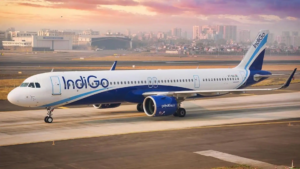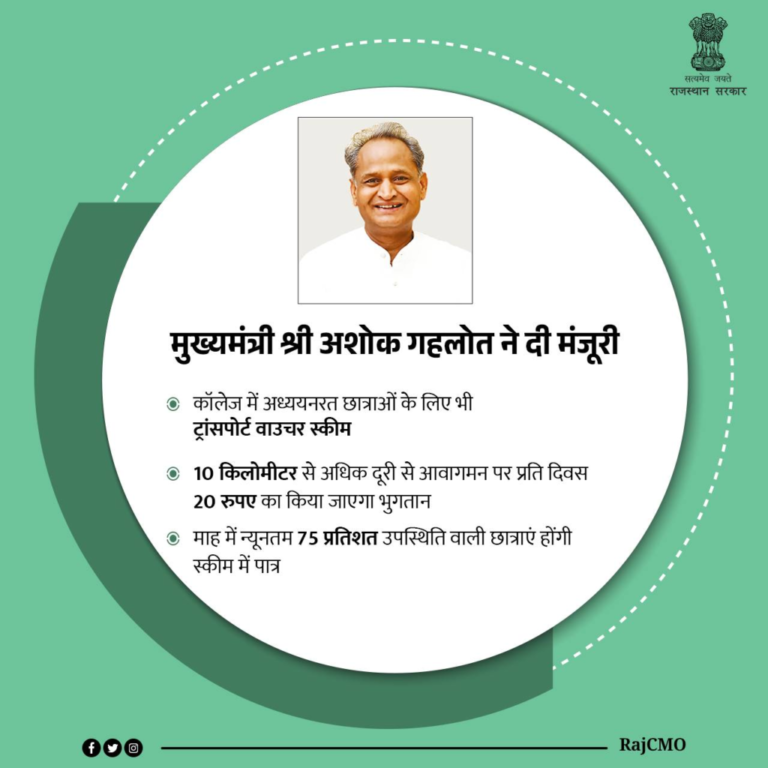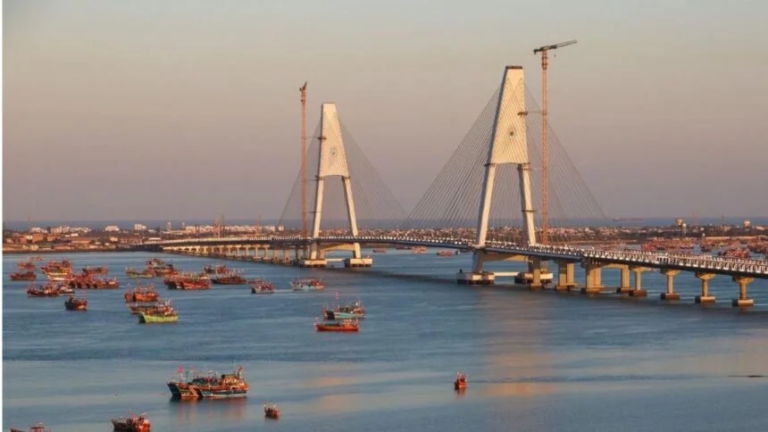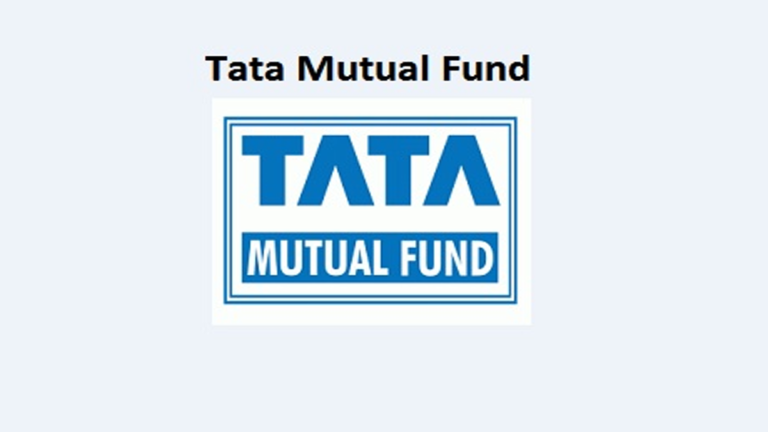Why did Indigo withdraw Fuel Charge?

IndiGo, the leading airline in India, recently made headlines by announcing the withdrawal of the fuel charge imposed on passengers. This decision, effective from January 4, marks a significant shift in the airline’s pricing strategy and is expected to have substantial implications for travelers. Understanding why IndiGo chose to retract the fuel charge and the subsequent impacts on airfares is crucial in comprehending the broader dynamics of the aviation industry.
Also Read: Will Thailand’s Tax Cut on Booze and Night Clubs Boost Tourism?
Why Did IndiGo Withdraw Fuel Charge?
IndiGo initiated the fuel charge on October 6, 2023, in response to the soaring prices of Aviation Turbine Fuel (ATF). This charge, ranging from Rs 300 to Rs 1,000 based on flight distances, was introduced to offset the mounting operational costs caused by the steep increase in ATF prices.
However, with a recent downturn in ATF prices, IndiGo made the strategic decision to eliminate the fuel charge. The airline’s rationale behind this move lies in the dynamic nature of ATF prices. As ATF prices reduced, IndiGo opted to ease the financial burden on passengers by discontinuing the additional charge previously imposed on tickets.
The airline stated its commitment to continuously adjusting fares and components in response to market conditions, particularly fluctuations in ATF prices. By withdrawing the fuel charge, IndiGo aims to provide relief to passengers and remain competitive in a swiftly evolving aviation landscape.
What will be the Impact of Withdrawal of Fuel Charge?
The withdrawal of the fuel charge is anticipated to have a direct and immediate impact on airfares for IndiGo passengers. With reductions ranging from Rs 300 to Rs 1,000 on certain longer routes, travelers can expect more affordable ticket prices.
This move not only benefits passengers but also aligns with broader concerns regarding escalating airfares amidst the growth in domestic air traffic. IndiGo’s decision to recalibrate its pricing strategy demonstrates responsiveness to market dynamics while prioritizing the interests of travelers.
Moreover, by removing the fuel charge, IndiGo endeavors to enhance its market competitiveness and sustain its position as a prominent player in the airline industry. The reduction in airfares could potentially stimulate demand and encourage more individuals to choose air travel, further bolstering the airline’s market share.
In conclusion, IndiGo’s withdrawal of the fuel charge signifies a proactive response to shifting market conditions. By adapting its pricing model in line with the fluctuating ATF prices, the airline aims to support passengers while maintaining its market strength. This decision not only mitigates the financial burden on travelers but also reflects IndiGo’s commitment to balancing operational costs and passenger interests in the dynamic aviation industry.





